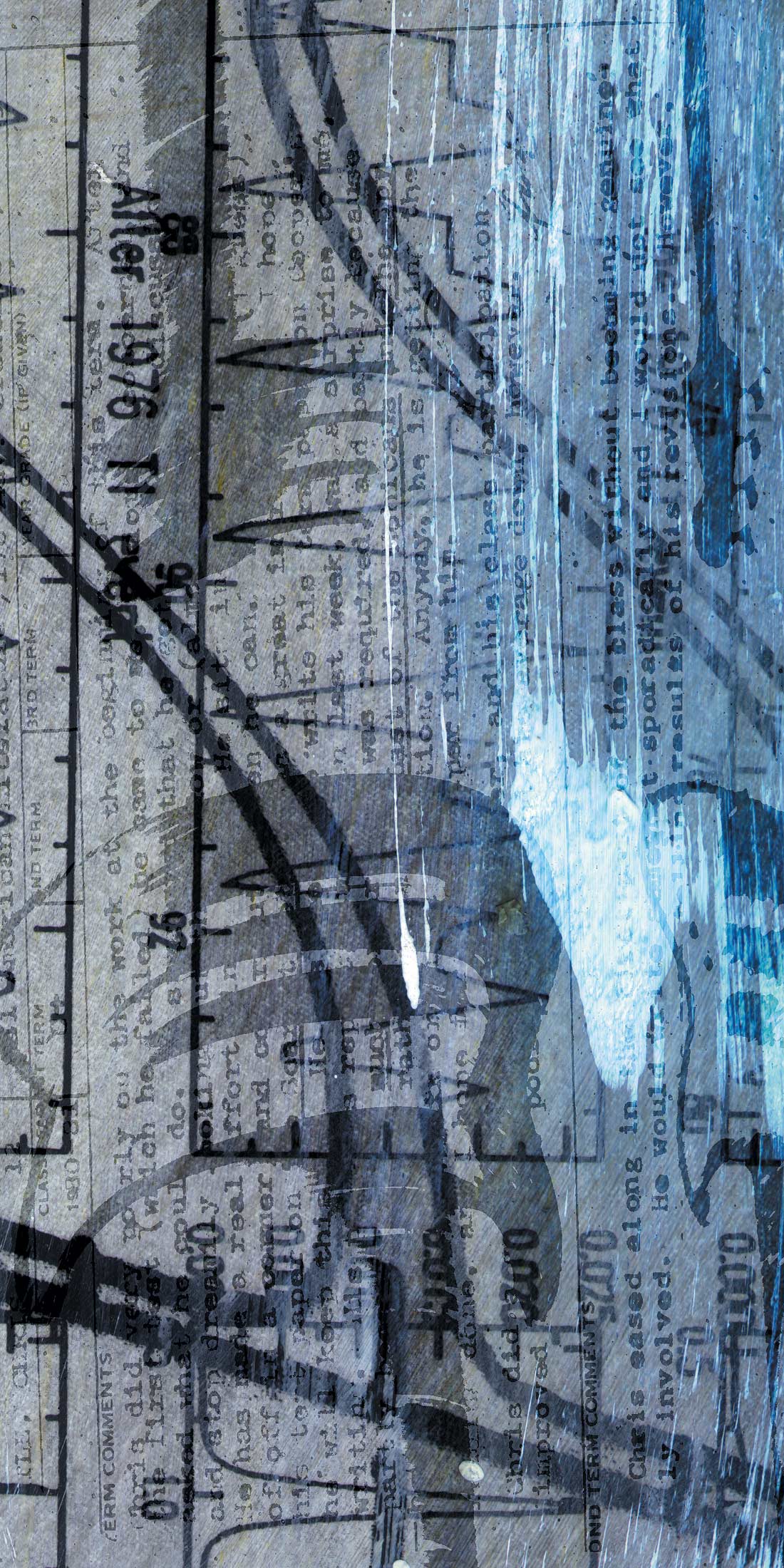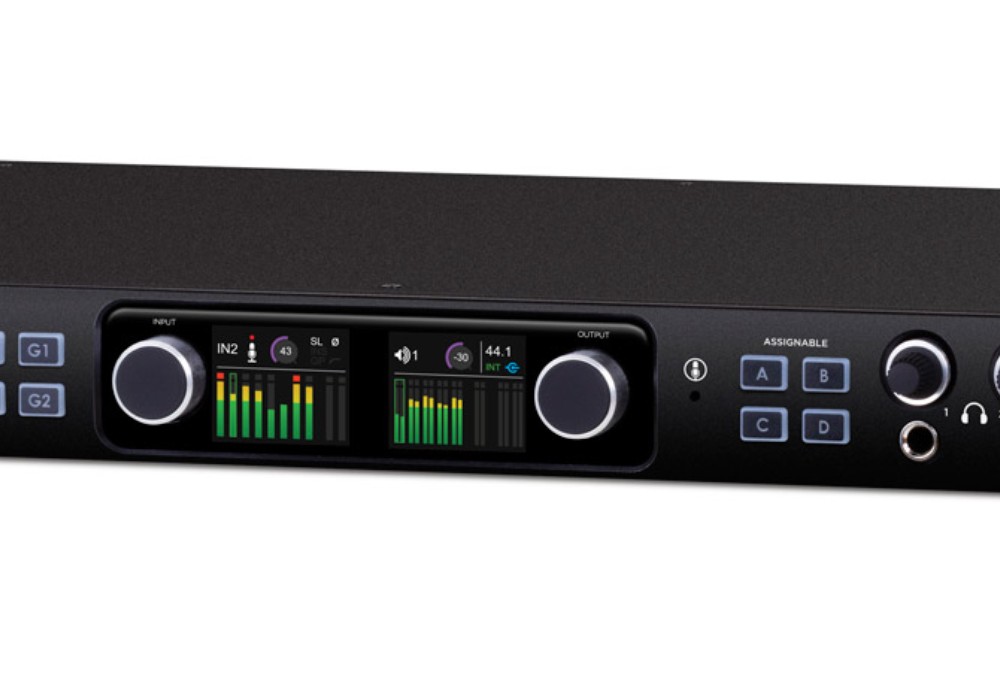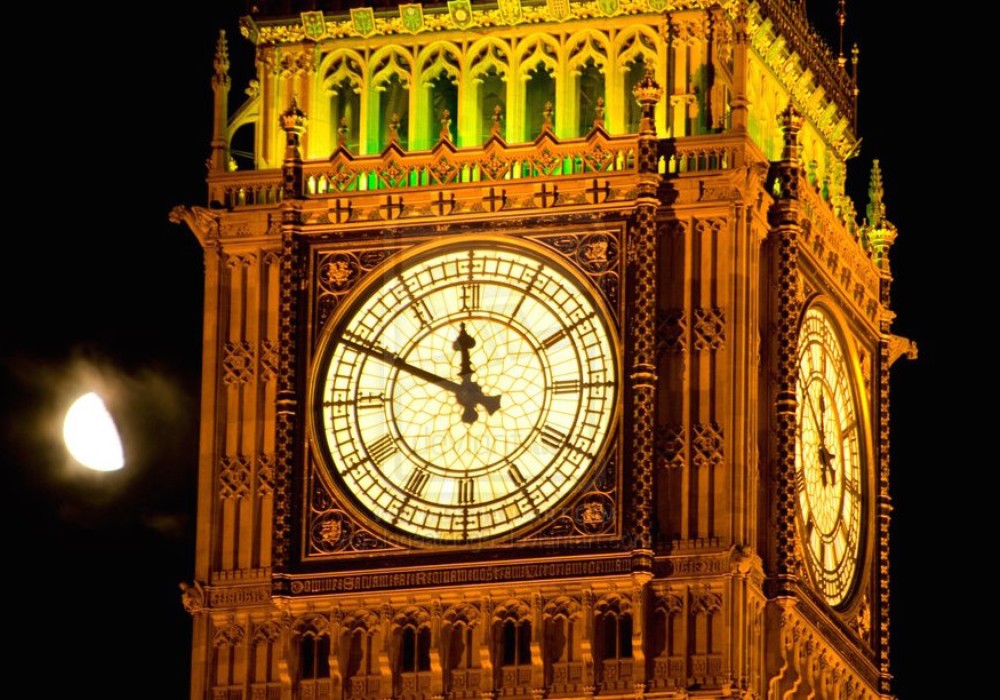It's hard to write "reviews" of digital gear. First off, since there are so many specs it seems like half the review is repeating this info off the brochure. Second of all, depending on the applications, people will certainly have different needs and experiences from a piece of gear like this. I feel like all I can do is tell you what it features and if it worked for me. Here goes. The 800 is (put simply) an eight-channel analog-to-digital and digital-to-analog converter. It handles 16 to 24-bit audio from 44.1 to 96 kHz, and the next version up ($1000 more) will handle 192 kHz. The analog I/O is through D- Sub cables, a shock to me at first as I'd never owned anything that used them, though I soon realized I could pick up cables in town at a reasonable cost and get either XLR or 1/4'' TRS terminations. The digital stuff goes in/out through Lightpipe connectors, which are doubled up for the higher sampling rates, or AES digital (XLR) connectors, but there are expansion cards that will allow you to hook the 800 up to Pro Tools Mix (X-MIX) or HD (X-HD), or to computers via Firewire in the non- Digidesign world (X-Firewire). This seems like a smart move to make the hardware adaptable like this with the option to directly integrate with Pro Tools. Plus there's a "nominal cost" board that allows trim-pot adjustments of the analog I/O-something I didn't seem to need in my situation. Before I move on, there's more. The 800 comes with the Apogee Soft Limit feature (switchable for all eight input channels) which allows you to hit the converter a bit harder without cracking out with digital overs. And don't forget Apogee's UV22HR 16-bit dithering feature too, for the word-length challenged out there. Oh yeah, it also has Intelliclock, a "dual-stage jitter rejection" system that eliminates clock-induced jitter in the D/A stage.
Okay, so we're through the specs. If you've read this far you're probably someone who's in the market for an A/D/A converter. Maybe you need to upgrade the quality of what you've been using, maybe you're looking for another "flavor" of converter, or maybe you just need to expand your I/O. Expanding was what I needed. I've been running a Digi 001 (recently discontinued-is it vintage yet?) on a 1 GHz Mac G4 (isn't that discontinued too?). The limit of eight available analog I/O's was starting to feel pretty constricting, though I was able to get two more inputs through the S/PDIF connector or the Lightpipe on the back with my two-channel Apogee Rosetta AD. The Digi 001 has Lightpipe I/O to add eight more channels-perfect for a device like the 800. If you read my recent review of the Behringer ADA8000, you'd have noticed that we put the 800 up against the ADA8000 and the Digi 001's built-in converters. The Rosetta 800 won all our tests. In D/A tests, the 800 had much wider and more cohesive stereo imaging with a fuller frequency response-plus it just sounded "better." In A/D tests, the 800 was the leader again, with fuller sounds in the digital realm, even without the Soft Limit engaged. (These were all back-to-back A/B comparisons. The differences were obvious.) So after that I put the Rosetta 800 to months of real, constant studio use. I tracked drums straight in, mixed them from the 800 into a console, mixed 24-track analog into Pro Tools for final mixes, did overdubs with vocals, guitars, pianos and more. Monitoring through the 800 sounded much better when working "inside the box"; we could tell whenever we had to switch back to the 001 outputs to take advantage of low-latency monitoring. There were never any problems with digital artifacts in the overdubbed tracks. And with the Soft Limit engaged, we could get a little extra level in. In fact, the only problem we encountered was when we forgot to sync the Digi 001's clock to the 800-our fault! On the clock: I couldn't really tell you if the 800's clock made a huge 'sonic' difference or not, but then again, we had no problems over months of use.
The final verdict? I might be putting Ferrari parts on a Toyota with the Rosetta 800 costing almost four times as much as the Digi 001, but I challenge anyone (at 24/44.1) to get better sounding digital tracks than I'm getting here. The 800 is a quality unit that flat out makes my recordings sound better, and given Apogee's reputation, I'm not surprised. I'll probably be using it long after my Digi 001 and G4 are donated to Goodwill. ($2995 MSRP, $595 each for all X-cards; www.apogeedigital.com)






_disp_horizontal_bw.jpg)